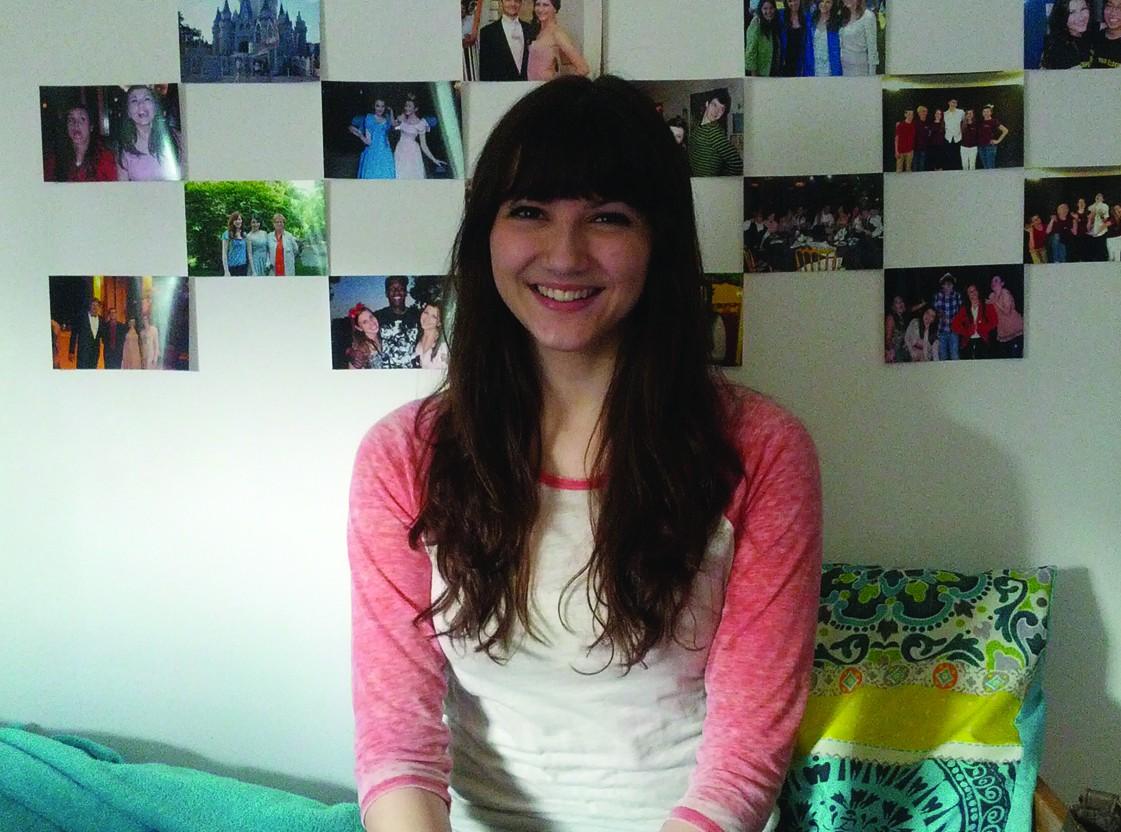Differences in Fordham Campus Culture Drives Internal Transfers
Students mentioned career goals and self-expression as reasons to transfer between Lincoln Center and Rose Hill
July 20, 2022
Fordham University is made up of three campuses across New York State, two of them serving the undergraduate population: the Rose Hill campus located in the Bronx and the Lincoln Center campus located in Manhattan. When applying, prospective Fordham students have to choose which campus to apply to before submitting their application.
After beginning their enrollment, some students find that they are a better fit for a different campus because of their major, interest in student organizations or simply because their preferred college experience does not match their original campus. If a student feels they would be more successful at a different campus than they originally chose, they then have the ability to request an internal transfer.
A Comparison of the Campuses
The most notable difference between the university’s two undergraduate campuses is their size and setting, with Rose Hill being an 85-acre, gothic-style and more traditional campus, and Lincoln Center serving as a vertical, two-block campus located in the Upper West Side neighborhood of New York City.
Rose Hill, which founded the university in 1841, is also the home of all the university’s sports teams and has multiple athletic facilities and other athletic amenities on the campus. The campus has the Rose Hill gym, which houses the basketball and volleyball teams; the Jack Coffey Field, which is home to the football and soccer teams; and the Col. Francis B. Messmore Aquatic Center, in which the swim and dive teams practice, among many others.
With the larger campus comes a larger undergraduate student population. Fordham Rose Hill has an undergraduate population of 6,320 students and Fordham Lincoln Center has an undergraduate population of 2,968 students. This can be attractive for students looking for a more “typical” college experience with a larger population and a more traditional campus, although Greek life is notably not present on either campus.
Some students may find themselves limited to one campus based on their area of study, which also varies between campuses.
Both campuses provide many opportunities for campus involvement. In addition to athletics, there are a wide variety of student organizations that focus on academic interests, personal interests and cultures.
Some students may find themselves limited to one campus based on their area of study, which also varies between campuses. The dance and theatre majors, for example, are exclusive to Lincoln Center, while resources for the biological sciences and chemistry majors are exclusive to Rose Hill. Rebecca Stark-Gendrano, assistant dean for juniors and transfers at Lincoln Center, noted that the majors and interests of students at both campuses differ.
“The BFA Dance program and the Theatre program are both based at the Lincoln Center campus, which means that LC has become the hub of the Fordham artistic community,” Stark-Gendrano said. “Accordingly, the LC campus tends to attract a very creative group of students. The Rose Hill campus has room for all of the sports fields, so our student-athletes are almost always based at the RH campus.”
Fordham Lincoln Center is located at W. 60th Street and Columbus Avenue, neighboring the Metropolitan Opera, Lincoln Center Plaza and The Juilliard School. Lincoln Center began as the Liberal Arts College in 1968. The first classes held at the location were through Fordham Law, which remains a part of the Lincoln Center campus.
The artistic environment in and around Lincoln Center makes the campus ideal for students who are studying the arts, or simply enjoy spending their time at the theater, ballet, or a nearby museum. What Lincoln Center lacks in campus it makes up for in the neighborhood that surrounds it. Central Park is a block from the campus along with Broadway shows and Madison Square Garden being a short train ride away.
Additionally, some students prefer living in the city over living on a traditional campus, whether it be day to day life or the fact that Lincoln Center is often closer to internship opportunities.
Student Perspectives on the Internal Transfer Process
If a student wishes to change campuses, they must go through the internal transfer process. This process consists of meeting with a class dean, completing a transfer application and waiting for approval. If a student wishes to transfer into the Gabelli School of Business, they must also attend an additional information session hosted by Dean Steven Najdzionek. Depending on the college, the internal transfer may be more difficult. For example, if a student is attempting to transfer into the Gabelli School of Business at Lincoln Center, there may be a lesser chance of success since the program is smaller and more selective.
Flores said she found that her career goals aligned more with GSBRH and was motivated to transfer due to differences in student life between the campuses.
Catie Flores, Gabelli School of Business at Rose Hill (GSBRH) ’25, transferred from Lincoln Center to Rose Hill after her first semester. Flores said she found that her career goals aligned more with GSBRH and was motivated to transfer due to differences in student life between the campuses.
“(Lincoln Center) kind of felt like high school a little bit. I felt like the people here (at Rose Hill) are friendlier,” she said. “There was kind of a lack of community unless you are super, super involved, which I could have done more to be more involved. I just felt like I didn’t have very many friends.”
Flores also found it easier to join student organizations at Rose Hill that fit her interests, such as the First-Year Diversity Scholars Program and Fordham University Emerging Leaders.
In regard to campus life, Schumacher felt the Lincoln Center campus offered more creative freedom and outlets for self-expression.
Lauren Schumacher, Fordham College at Lincoln Center (FCLC) ’25, had the opposite experience of Flores. She began her college career at Rose Hill and then transferred to Lincoln Center after her first semester. Schumacher also switched from a psychology major into the new media and digital design major when she transferred, which is only offered at Lincoln Center.
In regard to campus life, Schumacher felt the Lincoln Center campus offered more creative freedom and outlets for self-expression.
“There’s so much to do (at Lincoln Center), whereas at Rose Hill, it kind of felt suffocating, in a way,” she said. “I think there are just a lot more creative people here. Not to say there isn’t at Rose Hill, but there’s more creative space.”
Both Flores and Schumacher expressed they were satisfied with their decision to transfer.
“Sometimes all you need is a change of scenery and a different pace,” Stark-Gendrano said.













